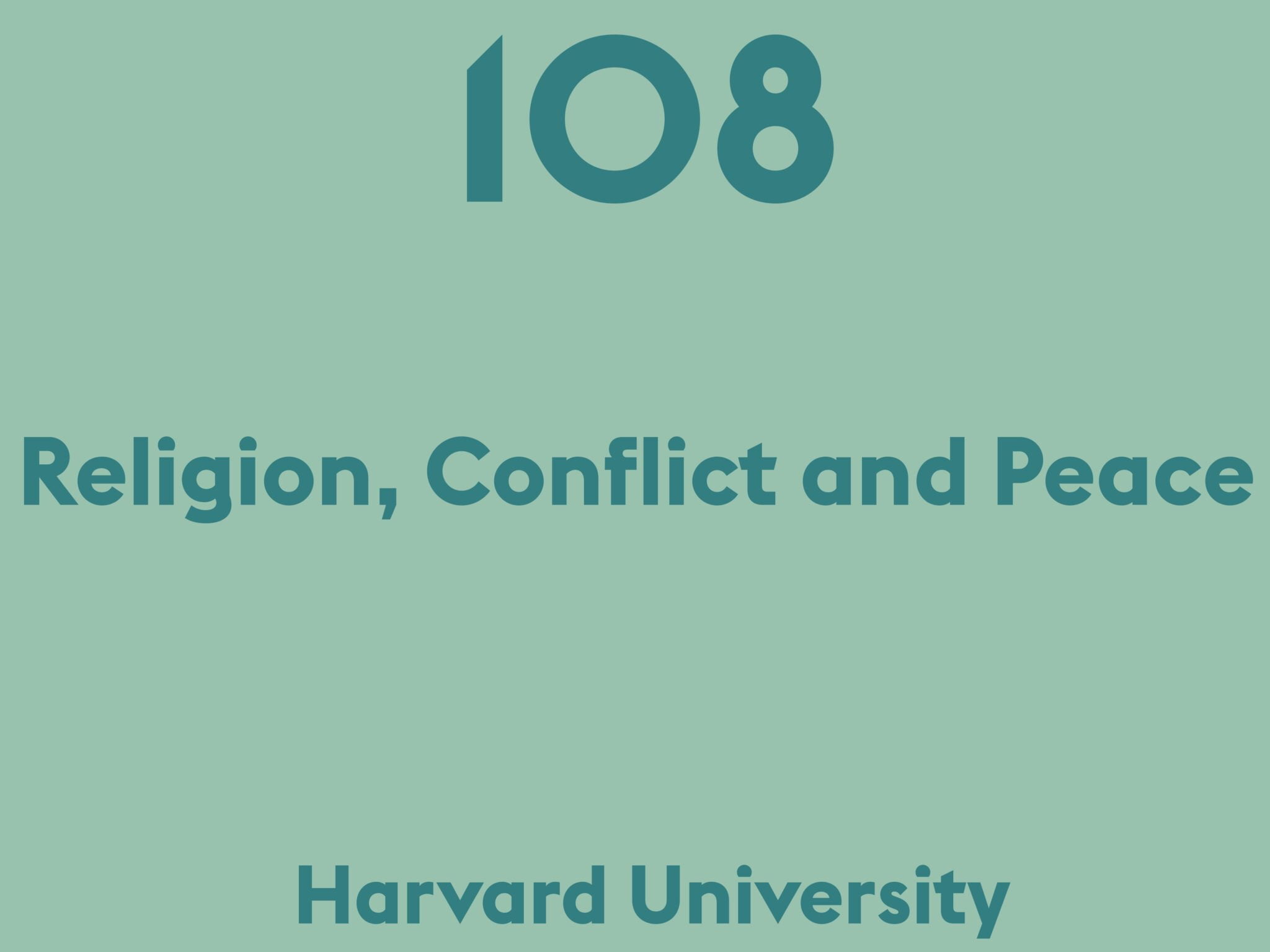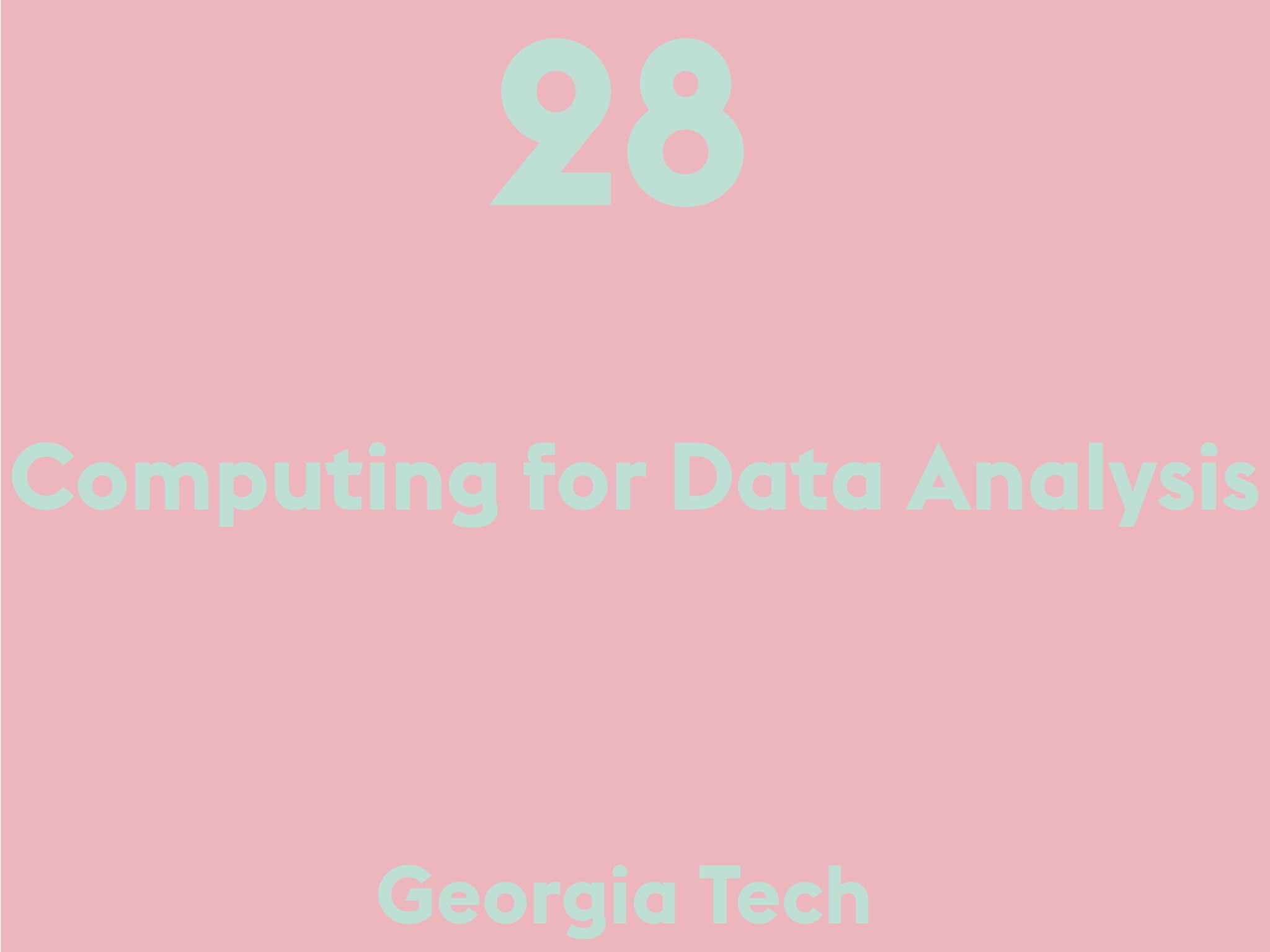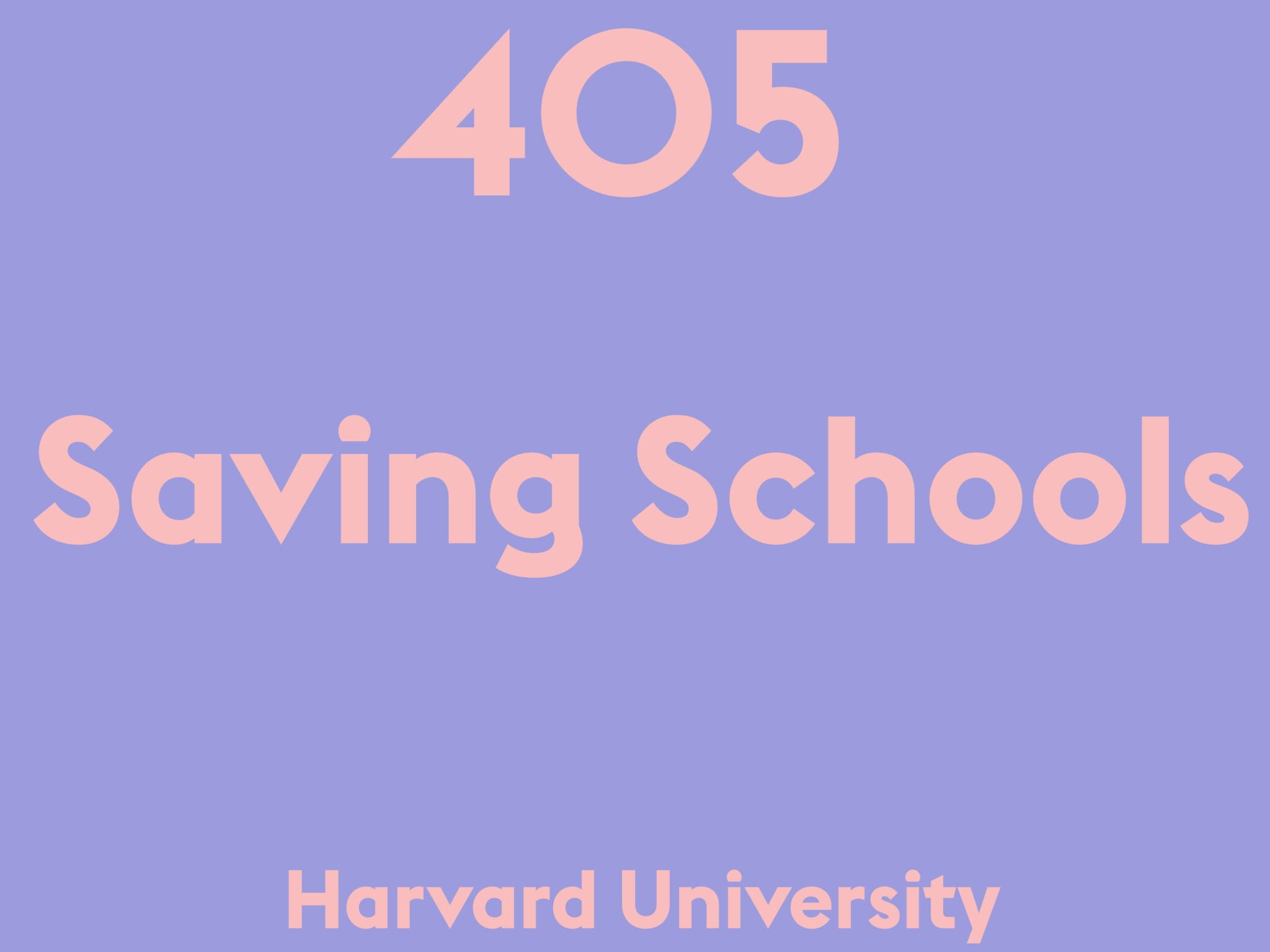In this course, we will explore a series of contemporary conflicts in different regions of the world with a special focus on identifying and analyzing the diverse and complex roles that religions play in both promoting and mitigating violence in each context. Students will learn a method for recognizing and analyzing how religious ideologies are embedded in all arenas of human agency and not isolated from political, economic, and cultural life as is often assumed.
In addition to examining the conflicts themselves, we will also explore the religious dimensions of the impacts those conflicts have on civic life in areas such as public health, education, and commerce by addressing a series of questions.
What roles do religions play in fostering violence and what roles do they play in promoting peace?
How do religious institutions and ideologies function to support and/or thwart public health initiatives?
What are the ideological justifications for functional economic policies and how do they reflect and/or challenge diverse religious values?
What roles do religions play in advancing or suppressing educational opportunities and for whom?
Are media representations of the religious dimensions of conflict accurate?
Possible countries of focus include Brazil, Egypt, France, Israel/Palestine, Myanmar, Nigeria, Qatar, the Philippines, Somalia, Syria, Turkey, and the United States. Final projects will be individually shaped based on interest and (where relevant) professional focus.
The course is open to all and especially relevant for aspiring or professional educators, journalists, public health workers, foreign service officers and government officials who wish to better understand how religions function in contemporary world affairs.
This course follows the popular World Religions Through Their Scriptures XSeries, which explores the foundations of Buddhism, Christianity, Hinduism, Islam, and Judaism.







